
After a prominent researcher was dismissed due to multiple instances of misconduct in his studies, how are journals responding?
When an investigation by the U.S. Food and Drug Administration (FDA) found multiple issues with the work of psychiatry researcher Alexander Neumeister, New York University (NYU) Langone Medical Center shut down eight of his studies. (Disclosure: The author of this post is an NYU journalism student, but has no relationship with the medical school.) The agency concluded the studies, which involved using experimental drugs to relieve symptoms of post-traumatic stress disorder (PTSD), were tainted by lax oversight, falsified records, and inaccurate case histories, according to the New York Times. (Neuroskeptic also recently analyzed the case.)
We reached out to the journals that have published Neumeister’s papers, to ask if these recent events have caused them to take a second look at his work. Several have responded, with some noting they plan to investigate, or will do so if asked by the institution. But many believe there is little cause for concern. Continue reading A prominent psychiatry researcher is dismissed. What’s happening to his papers?
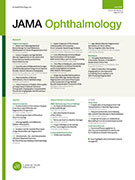 A JAMA journal has quickly issued a correction for a 2016 paper after the author failed to mention several relevant conflicts of interest. Normally, we’d see this as a run-of-the-mill correction notice, but since we reported last week that a
A JAMA journal has quickly issued a correction for a 2016 paper after the author failed to mention several relevant conflicts of interest. Normally, we’d see this as a run-of-the-mill correction notice, but since we reported last week that a 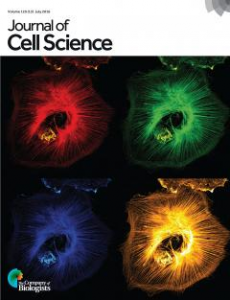

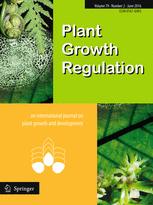
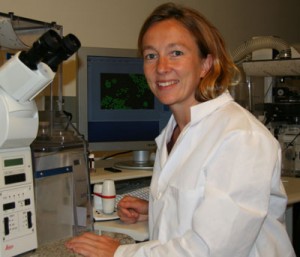

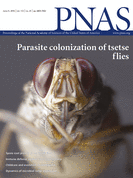 Researchers are retracting two papers about molecular signalling in plants —
Researchers are retracting two papers about molecular signalling in plants —  There’s
There’s